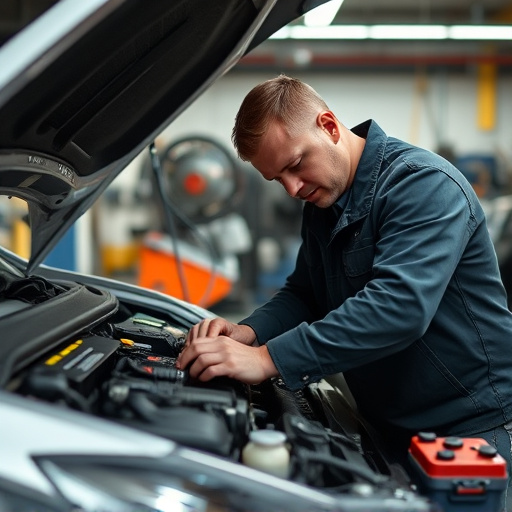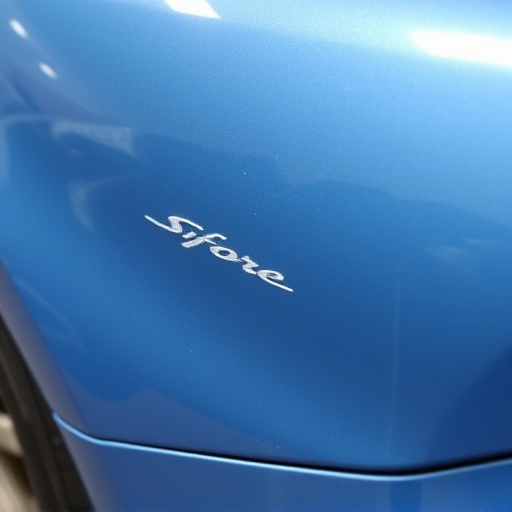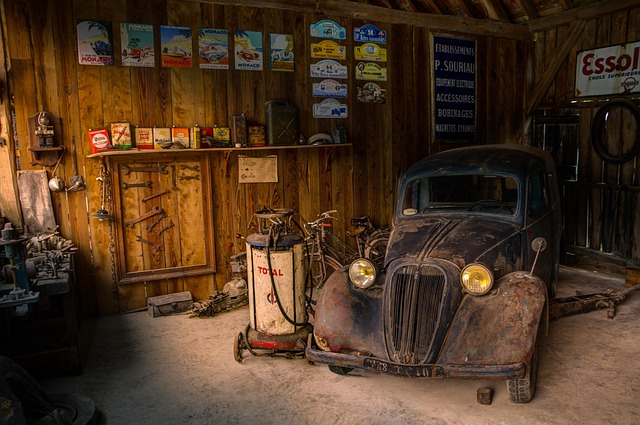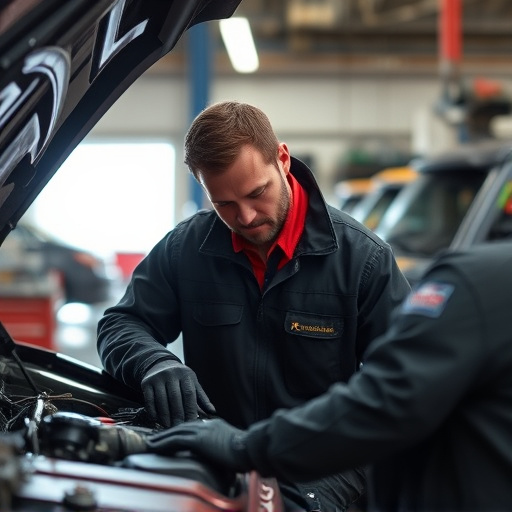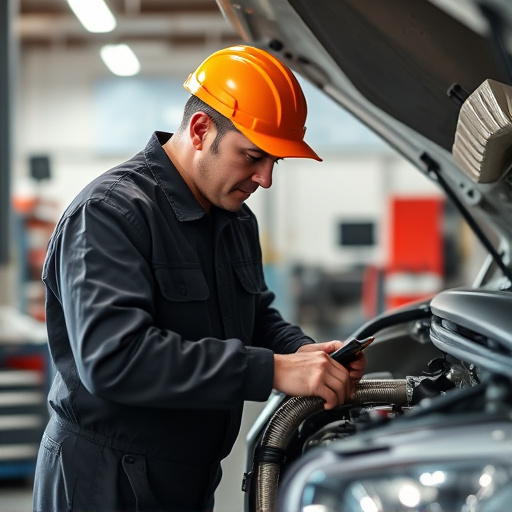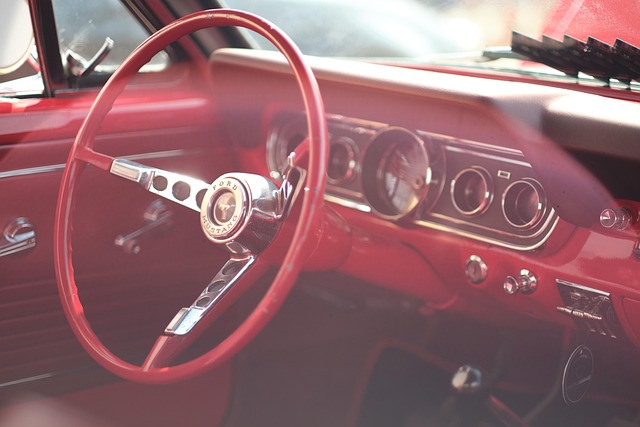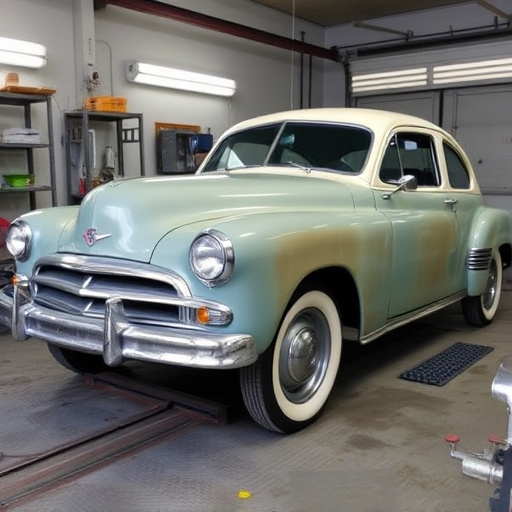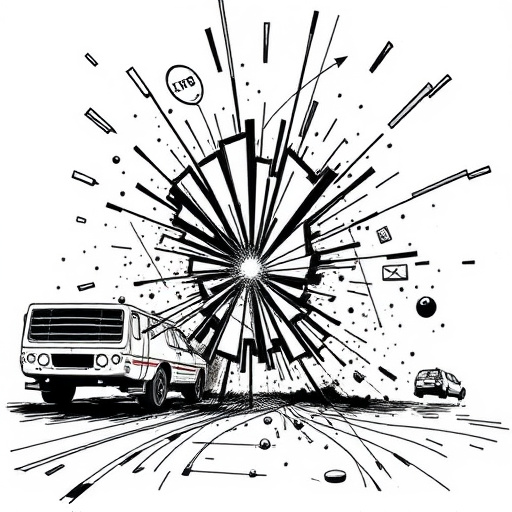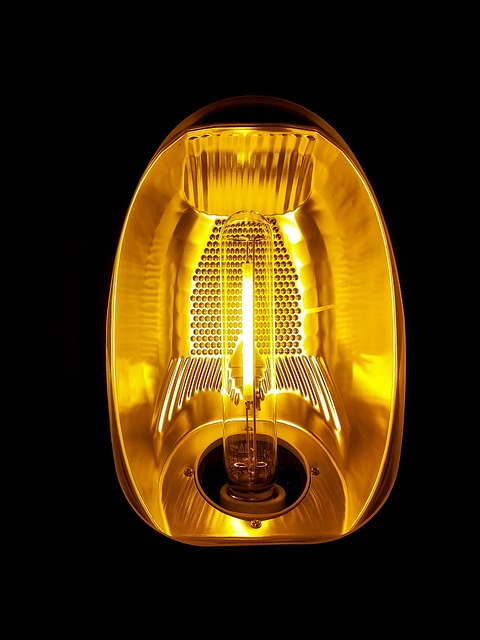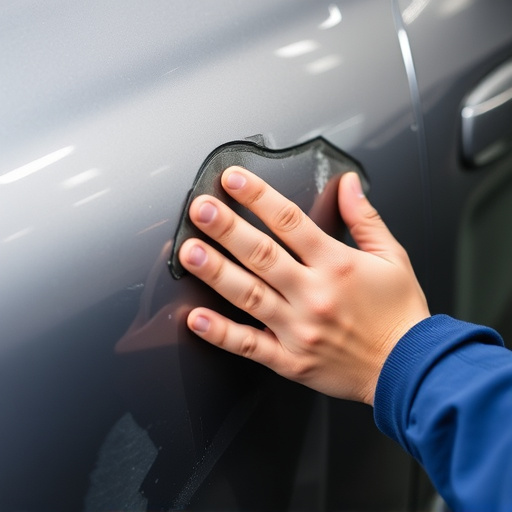Mercedes night vision systems face common challenges like sensor drift and data delays, impacting accuracy and response time. Regular calibration through specialized auto body services is vital to restore optimal performance. This process optimizes camera settings, corrects misalignments, and addresses environmental influences, enhancing driver safety and confidence at night. Proper calibration, along with routine frame straightening and minimal exterior damage repairs, ensures the Mercedes Night Vision system remains sharp, responsive, and effective in all lighting conditions.
Mercedes owners can now keep their advanced Night Vision system running smoothly with regular calibration. Sensor drift and data delays, common issues in active safety features, can compromise performance and reliability. By calibrating the system, users prevent these problems, ensuring optimal detection range, clarity, and reaction time in low-light conditions. This article explores the science behind sensor drift, highlights the benefits of calibration, and provides best practices for maintaining your Mercedes Night Vision technology.
- Understanding Sensor Drift and Data Delays in Mercedes Night Vision
- The Role of Calibration in Preventing and Correcting Sensor Issues
- Best Practices for Regular Mercedes Night Vision Calibration
Understanding Sensor Drift and Data Delays in Mercedes Night Vision
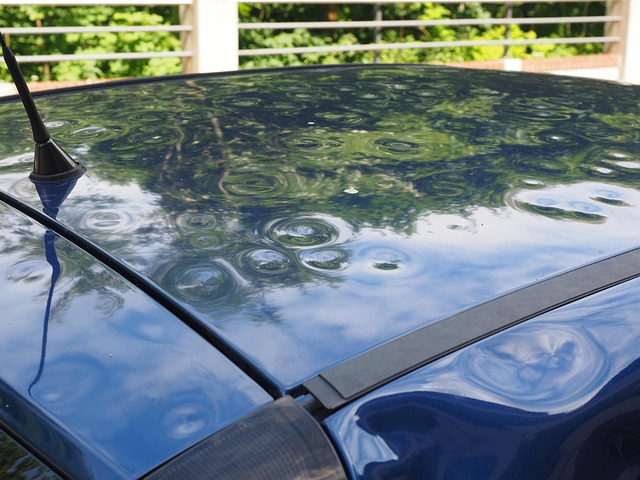
Sensor drift and data delays are common issues with any night vision system, including Mercedes’ cutting-edge technology. Drift occurs when the sensors’ internal calculations become less accurate over time due to environmental changes or wear and tear, leading to off-target readings. Data delays happen when there’s a lag between the sensor capturing an event and the display showing it, which can be caused by processing bottlenecks or communication issues within the system.
In Mercedes vehicles equipped with night vision, regular calibration through proper Mercedes night vision calibration services is essential to mitigate these problems. Auto body services that specialize in such calibrations ensure the system remains optimized for clear, accurate images, enhancing driver safety and confidence during nighttime driving. Just as a bumper repair restores structural integrity, regular calibration keeps the night vision system functioning at its peak, effectively repairing any performance “damage” caused by drift or delays.
The Role of Calibration in Preventing and Correcting Sensor Issues
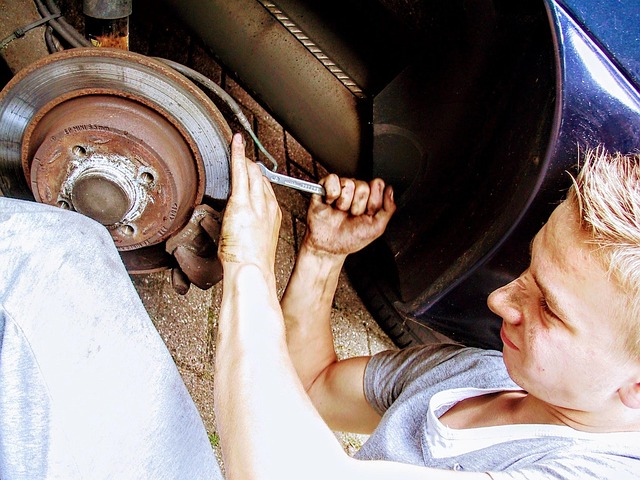
Mercedes night vision calibration plays a pivotal role in maintaining the integrity and performance of the vehicle’s advanced driver-assistance systems (ADAS). Regular calibration ensures that the camera sensors are accurately aligned and configured, thereby preventing issues like sensor drift or data delays. When left uncalibrated, these sensors can develop inaccuracies over time, leading to potential hazards while driving at night.
Proper calibration involves adjusting the camera settings and ensuring the sensors capture clear and accurate images of the surroundings. This process helps correct any misalignment or distortions that might have occurred due to environmental factors, wear and tear, or previous repairs like car dent repair or vehicle body repair. By regularly calibrating the night vision system, owners can rest assured that their Mercedes’ safety features function optimally, enhancing visibility and preventing unexpected malfunctions during critical driving conditions.
Best Practices for Regular Mercedes Night Vision Calibration
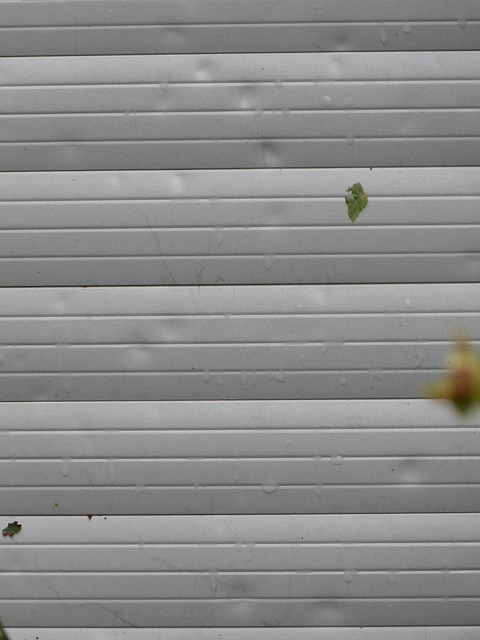
Regular calibration is essential for maintaining the optimal performance of Mercedes Night Vision systems. To ensure accurate and reliable data, it’s recommended to adhere to best practices for calibration. One crucial step is to conduct regular frame straightening, which helps keep the camera aligned correctly, minimizing any potential drift over time. This simple yet vital process aligns with broader car restoration efforts, ensuring that your vehicle’s advanced safety features remain as effective as the day they were installed.
Additionally, a meticulous approach to auto dent repair can indirectly benefit Mercedes Night Vision calibration. By maintaining a damage-free exterior, you preserve the clear line of sight required for the sensors to function at their best. Regular checks and repairs prevent obstructions that could lead to sensor drift or data delays, ensuring your vehicle’s night vision system remains as sharp and responsive as possible under low-light conditions.
Mercedes night vision calibration is an essential practice to ensure optimal performance and safety of the vehicle’s advanced driver-assistance systems. By regularly calibrating these sensors, drivers can prevent sensor drift and data delays, leading to more accurate and responsive night vision capabilities. This simple yet crucial maintenance step allows Mercedes owners to navigate dark roads with enhanced confidence and peace of mind, knowing their car’s technology is functioning at its best.
